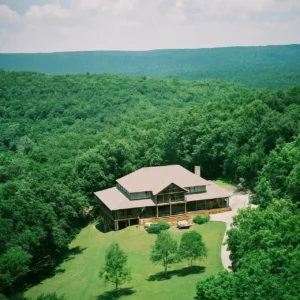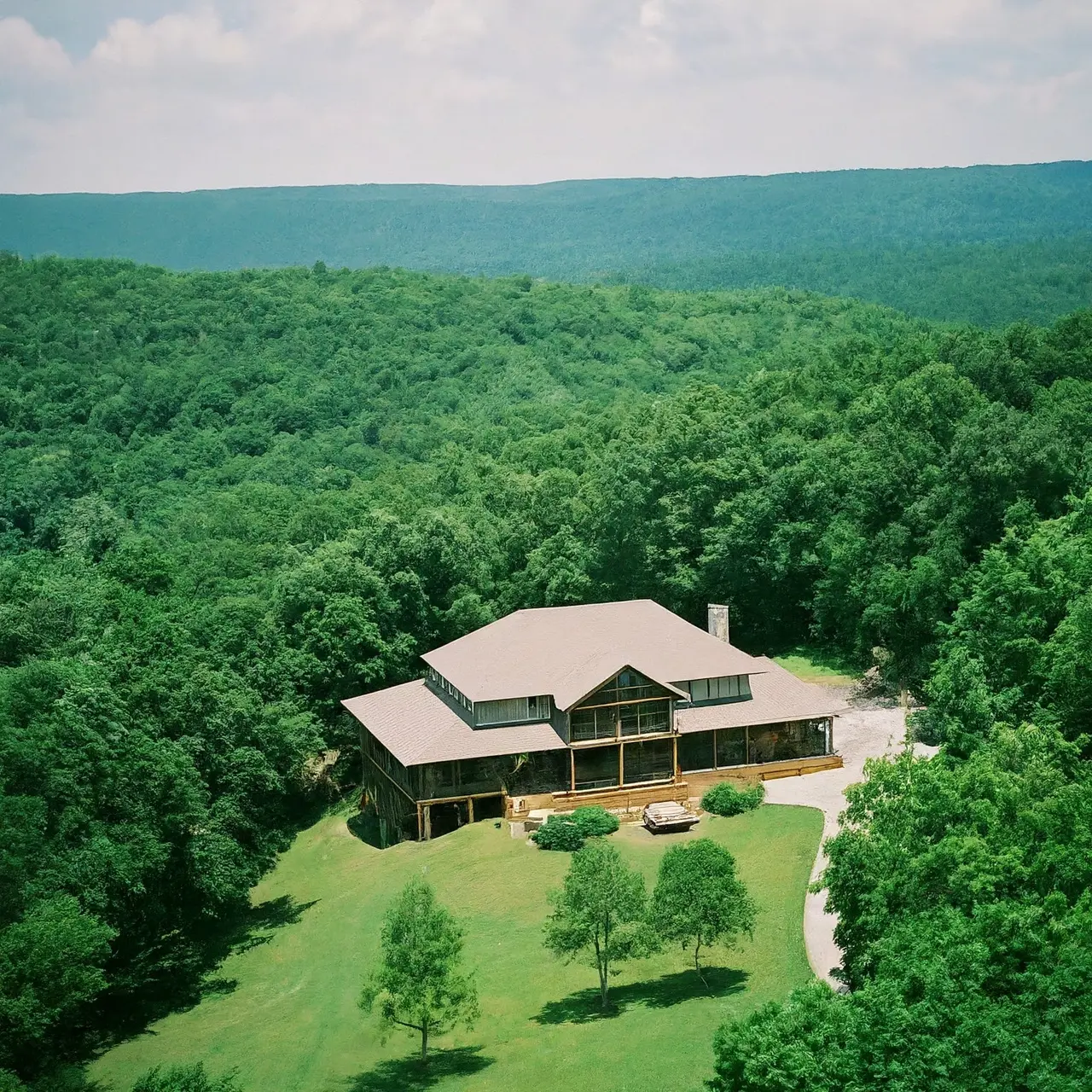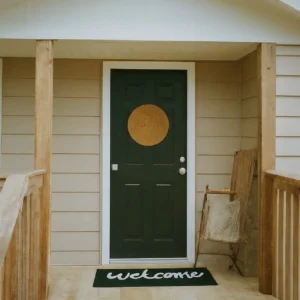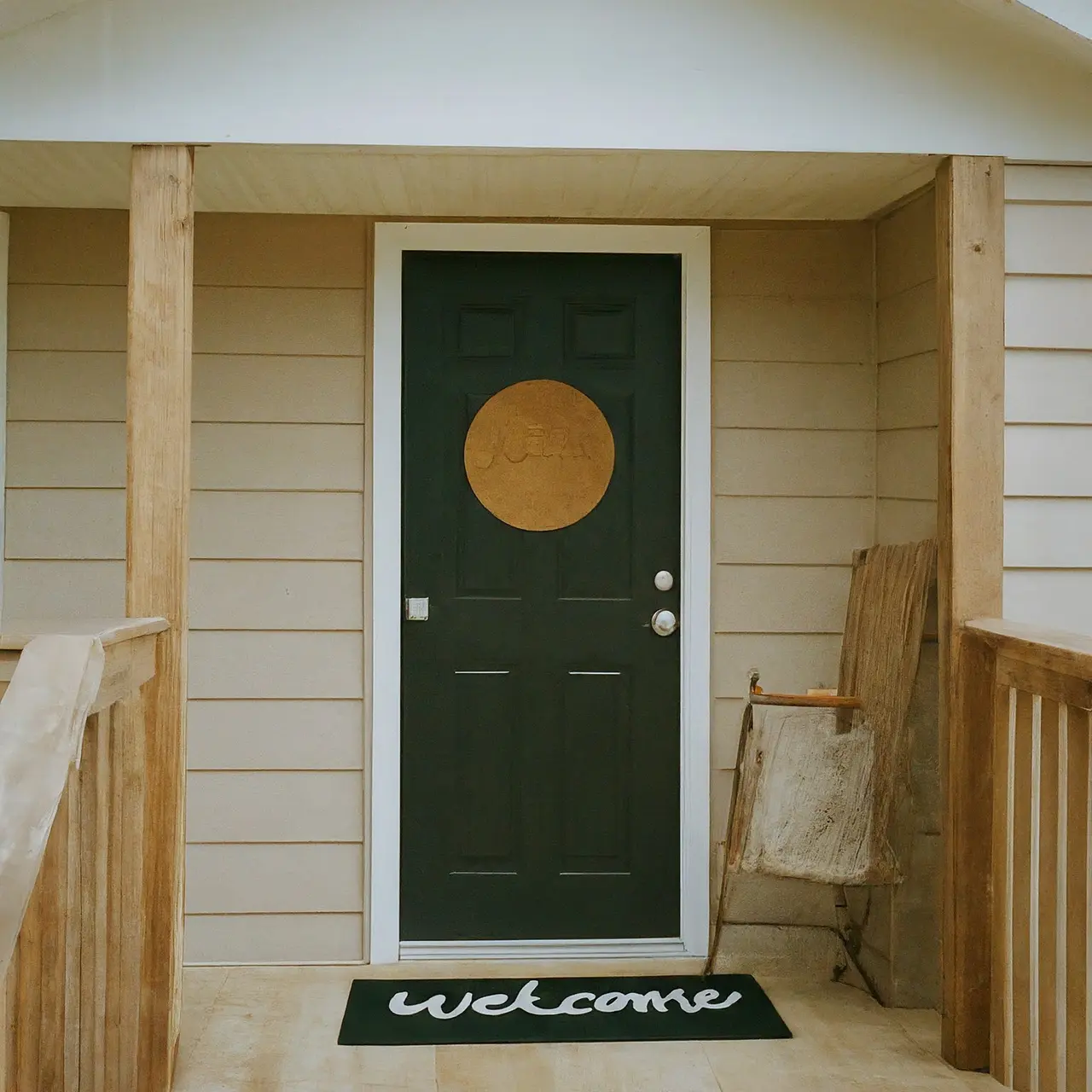Introduction to occupancy rates and why they matter
Occupancy rates are a big deal in the property business. Think of it as how full a hotel is or how many rooms in an apartment building have people living in them. High occupancy means more money coming in, while low occupancy is a problem—it’s like throwing a party and nobody shows up. So, getting a good occupancy rate can make or break your earnings. More than just a number, it tells you how well you’re doing at attracting and keeping tenants. It’s also a clue for potential improvements—low rates might mean it’s time to up your game, whether that’s through renovation, marketing, or adding more value for your tenants. Understanding and improving your occupancy rates is key to a thriving property business.

Assessing your property’s appeal to potential occupants
To boost occupancy rates, start by looking at your property through the eyes of potential occupants. What appeals to them could range from basic amenities to unique features that make your property stand out. First, ensure the essentials are covered: cleanliness, safety, and maintenance should be top priorities. A clean environment appeals to everyone, safety features can significantly increase a property’s attractiveness, and regular maintenance prevents minor issues from becoming deal-breakers.
Next, consider what makes your property special. Do you offer high-speed internet, a pet-friendly atmosphere, or perhaps an on-site gym? Features like these can set your property apart and make it more appealing to potential occupants.
Remember, understanding your target market is crucial. Families might look for playgrounds or schools nearby, while young professionals could be more interested in easy access to public transportation or vibrant nightlife. Tailor your improvements and marketing to match the needs and desires of your desired occupants.
Lastly, never underestimate the power of visuals. High-quality photos and virtual tours can significantly boost your property’s appeal. They allow potential occupants to envision themselves in the space, which is a powerful motivator for making inquiries.
By assessing and enhancing your property’s appeal, you’re well on your way to boosting occupancy rates. Keep these pointers in mind, and you’ll not only attract more occupants but also retain them longer.
Strategies for competitive pricing without undercutting profits
Setting the right price for your property isn’t just about being the cheapest option out there. It’s about finding the sweet spot where you attract enough guests without giving up too much of your profit. First, know your competition. Look at similar properties in your area. What do they offer, and at what price? This gives you a starting point. Second, think seasonality. When demand is high, your prices can creep up a bit. During slower times, it might be smart to lower prices slightly to stay attractive. Third, consider your extras. Do you offer free Wi-Fi, parking, or breakfast? These can justify a slightly higher price than your no-frills competition. Fourth, use dynamic pricing tools. They adjust your rates based on demand, competition, and other factors in real time. This way, you’re always priced right. Remember, the goal isn’t to be the cheapest, but to offer the best value.
Enhancing the appeal of your property with key amenities
Adding the right amenities can significantly bump up your property’s appeal and occupancy rates. Think of amenities as the cherry on top – they make your property stand out in a crowded market. Start with the basics like reliable Wi-Fi. It’s not just a luxury anymore; it’s a necessity for both residential and commercial tenants. Next, consider adding a fitness center or updating an existing one. A small but well-equipped gym can make a big difference, especially for younger tenants who prioritize health and wellness. Don’t forget about outdoor spaces. A comfortable, inviting outdoor area where people can relax or socialize adds a lot of value. This could be as simple as well-maintained gardens or as elaborate as rooftop decks or pools. Lastly, think about the convenience factor. On-site laundry facilities, bike storage, and even dry cleaning services can give your property a competitive edge. Remember, it’s not just about adding amenities but ensuring they are high quality and well-maintained. This approach will not only enhance the appeal of your property but can also justify higher rental prices, ultimately leading to improved occupancy rates.
Maximizing online visibility and effective digital marketing
To push your property’s occupancy rates higher, master your online presence. It’s all about being seen and stirring interest. Start by sprucing up your website. Make it easy to navigate, loaded with eye-catching photos, and packed with essential info like rates, amenities, and availability. Next, dive into social media. Platforms like Instagram, Facebook, and Twitter are your best friends for showcasing your property in its best light. Use hashtags, post regularly, and engage with your followers to keep them hooked.
Email marketing is another powerful tool. Send out newsletters with special offers, updates, or interesting content about your area to keep your property top of mind. Remember, it’s not just about blasting your message out. It’s about crafting content that clicks with your audience.
Lastly, consider online ads. Google Ads and social media advertising can target potential guests who are most likely to book your property. Set clear goals and track your results to see what works best. Use these strategies, and you’ll see those occupancy rates climb.
Leveraging social proof through reviews and testimonials
People trust what others say about you more than what you say about yourself. That’s a fact. Take advantage of social proof by showing off your property’s positive reviews and glowing testimonials. It’s like having your guests do the talking for you. Encourage happy customers to leave reviews on popular platforms like Google, Yelp, or any relevant real estate or travel website. Showcase these testimonials prominently on your property website or social media pages. Remember, a good word spreads fast, but a great review spreads faster. Don’t underestimate the power of a five-star rating or a detailed account of a fantastic stay. It’s not just about flaunting numbers; it’s about sharing experiences that resonate with potential guests. Making this part of your strategy can significantly boost your occupancy rates because when it comes to choosing where to stay, seeing is believing, but reading a great review is booking.
Building partnerships with local businesses and attractions
Partnering with local businesses and attractions can be a game-changer for bumping up your property’s occupancy rates. Think about it – local cafes, tour operators, museums, and even nearby bars can become your allies. Here’s the thing: these businesses are always looking for more customers, just like you’re hunting for more guests. By working together, you both win. Offer your guests exclusive deals or discounts at these places, and in return, these businesses can promote your property. It’s a solid deal. Imagine a guest sipping a coffee at the shop down the street, knowing they got a deal thanks to staying at your property. That’s a win-win. Or picture a museum handing out flyers that recommend your place as the go-to spot to crash after a day of exploring. It’s about creating a community vibe where everyone supports each more guests for you, more customers for them. Simple, effective, and it works.
Implementing dynamic pricing strategies
In the world of property management, dynamic pricing is your best friend. Think airlines and hotels; they change prices based on demand, and you can too. First off, understand your market. Prices can shoot up during tourist season or when a big event is in town. Conversely, when things are quiet, lower rates can attract more guests. Use technology to your advantage. There are tools that adjust prices automatically, saving you the hassle. Always keep an eye on your competitors. If they drop prices, consider your response. Remember, it’s not just about being cheaper, but offering value. Lastly, don’t set it and forget it. Regularly review your pricing strategy to stay ahead of the curve. With dynamic pricing, you’re playing the long game, aiming to maximize occupancy and revenue over time.
Engaging with the community is a game-changer when trying to up your property’s occupancy rates. Here’s why: when you’re active in your local area, people start talking. They chat about the cool events you host, the helpful workshops you run, and the way you’re always around fixing things and making the place better. This kind of word-of-mouth is gold. It’s free advertising that spreads like wildfire and hits exactly where it counts – in your local market.
Start by hosting events that bring value to the community, like free financial literacy workshops or fun family days in your property’s outdoor spaces. Get involved in local charity events or sponsor a little league team. Make sure you’re seen doing good for the area. People remember that kindness and are more likely to recommend your property to friends and family looking for a place.
Remember, every conversation your community has about the positive impact you’re making is a step closer to boosting your occupancy rates. It’s straightforward: stay engaged, be present, and keep adding value to your community. People talk, let’s give them something great to talk about.
Conclusion: Continuous improvement for sustained high occupancy rates
To keep those occupancy rates climbing, remember it’s all about staying on your toes. Always look for ways to enhance your property and the experience you offer. Keep an eye on the trends and don’t shy away from feedback – it’s gold. Innovate, be flexible, and fine-tune your services and marketing strategies to match your target audience’s changing needs. High occupancy doesn’t happen by chance. It’s the result of constant effort and smart strategies. So, strap in and be ready to adapt, because in the world of property management, standing still is the quickest way to fall behind.











